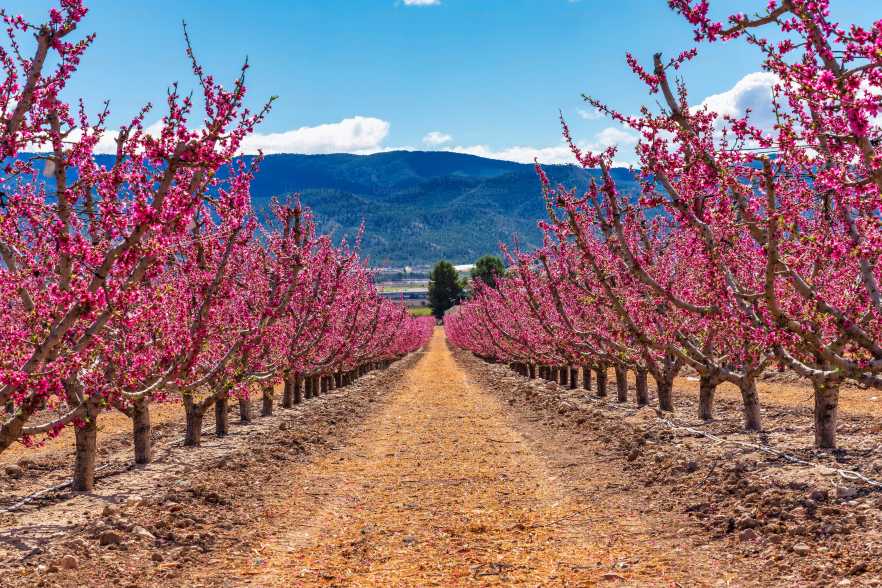If you’re an aspiring guitarist looking to improve your skills, personalized online instruction can be an effective and convenient way to take your playing to the next level. With 1-2-1 online guitar lessons, you can receive tailored guidance and feedback from a professional instructor who can help you reach your goals and unlock your full potential as a musician.
One of the key benefits of personalized online instruction is that it allows you to learn at your own pace and focus on the areas that you need the most help with. Whether you’re a beginner looking to build a solid foundation or an intermediate player seeking to master more advanced techniques, a skilled instructor can create a customized lesson plan that is tailored to your specific needs and goals. This individualized approach can help you make faster progress and stay motivated as you work towards becoming a better guitarist.
Another advantage of 1-2-1 online guitar lessons is that they offer the convenience of learning from the comfort of your own home. With online instruction, you can schedule lessons at a time that works for you and avoid the hassle of commuting to a physical music school or studio. This flexibility makes it easier to fit practice sessions into your busy schedule and stay on track with your musical development.
In addition to personalized guidance and convenience, online instruction also offers the benefit of instant feedback and real-time communication with your instructor. Through video calls, screen sharing, and instant messaging, you can receive guidance, ask questions, and get feedback on your playing in real-time. This interactive approach can help you make faster progress and ensure that you’re learning the right techniques and concepts from the start.
To get the most out of your 1-2-1 online guitar lessons, it’s important to choose an instructor who is experienced, knowledgeable, and skilled at teaching students of all levels. Look for someone who has a solid background in music education, a proven track record of helping students improve their skills, and a teaching style that resonates with your learning preferences. By finding the right instructor, you can maximize your learning potential and make the most of your online instruction experience.
Overall, personalized online instruction can be a valuable tool for improving your guitar skills and taking your playing to the next level. With 1-2-1 online guitar lessons, you can receive individualized guidance, learn at your own pace, and benefit from instant feedback and communication with a professional instructor. By investing in online instruction, you can accelerate your progress, overcome challenges, and become a more confident and skilled guitarist.
For more information visit:
RAD LIVE | Online guitar lesson voucher
https://www.radvoucherhub.co.uk/
RAD LIVE offers online guitar lesson vouchers, perfect for Christmas, birthdays, or any special occasion.
Looking for the best deals and savings on all your favorite brands? Look no further than radvoucherhub.co.uk! Discover exclusive offers and vouchers that will help you save big on your next purchase. Stay tuned for amazing deals coming your way!
